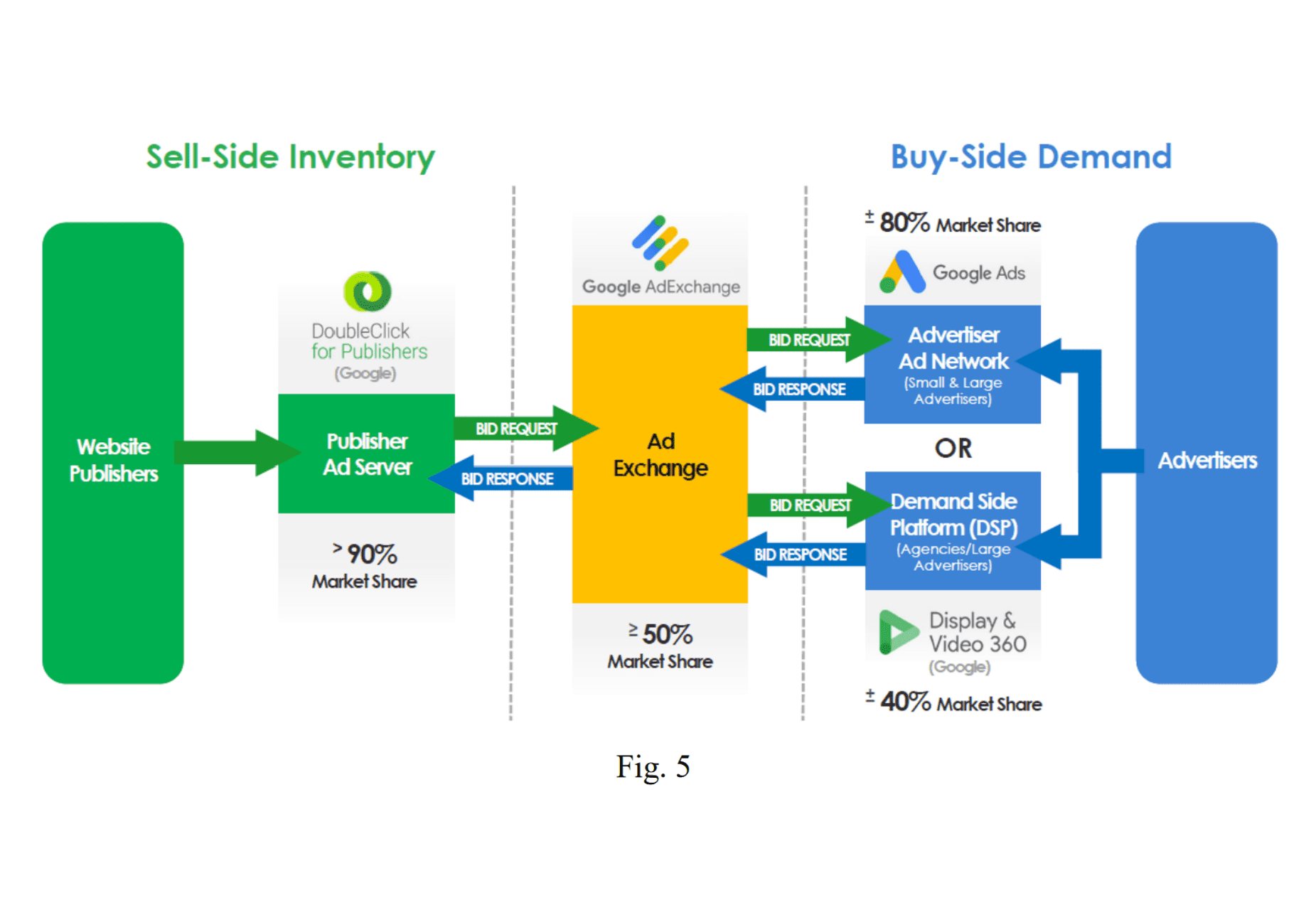The U.S. Justice Department filed a civil antitrust suit against Google for monopolizing multiple digital advertising technology products in violation of the Sherman Act. The complaint alleges that Google monopolizes key digital advertising technologies that website publishers rely on to sell ads and that advertisers rely on to buy ads and reach potential customers. This monopolization lawsuit is an attempt to restore competition.
As alleged in the complaint, over the past 15 years, Google has engaged in the course of anticompetitive and exclusionary conduct that consisted of neutralizing or eliminating ad tech competitors through acquisitions; wielding its dominance across digital advertising markets to force more publishers and advertisers to use its products; and thwarting the ability to use competing products. In doing so, Google cemented its dominance in tools relied on by website publishers, online advertisers, and the digital advertising exchange that runs ad auctions.
As a result of its illegal monopoly, Google allegedly pockets on average more than 30% of the advertising dollars that flow through its digital advertising technology products; for some transactions. For certain publishers and advertisers, it takes far more. Google’s anticompetitive conduct has suppressed alternative technologies, hindering their adoption by publishers, advertisers, and rivals.
In 2020, the U.S. Justice Department filed a civil antitrust suit against Google for monopolizing search and search advertising. The Google search litigation is scheduled for trial in September 2023.
